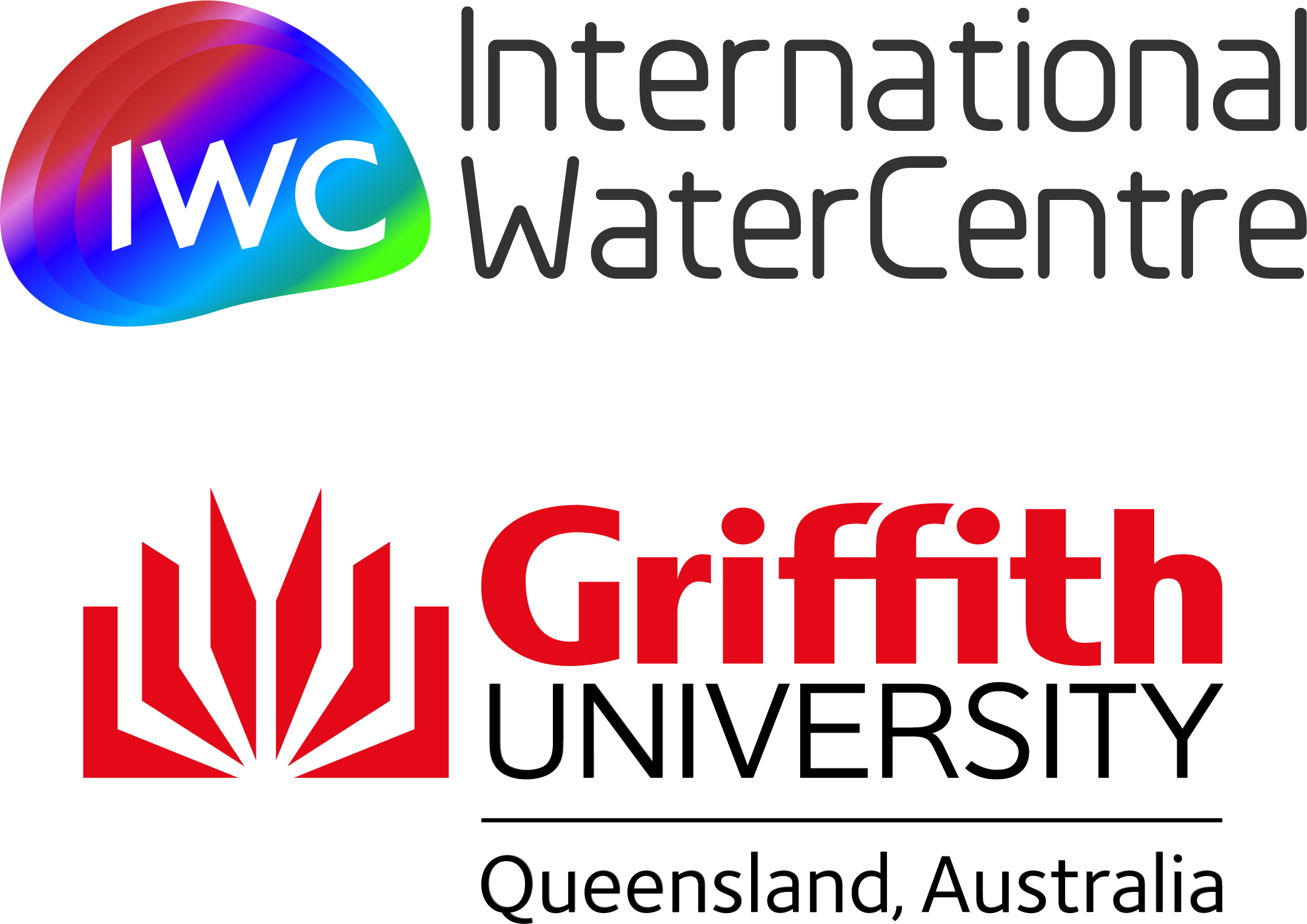As part of the WASH and COVID-19 Pandemic Online Symposium, UNICEF and GIZ are convening a workshop on lessons learned from the impact of COVID-19 on WASH in schools during school reopening after lockdowns.
The COVID-19 global pandemic has affected millions of children across almost every country. This has brought about an immeasurable disruption to children’s education, protection and well-being, especially for the hardest-to-reach, the most marginalized and more than 35 million who were already out-of-school[1]. Some of these children may never return to school. Many gains made in education in recent years are at risk of being reversed.
A clean and healthy environment is essential to ensure the safe return to school. Decisions to reopen schools have been made in the best interests of children, incorporating overall public health considerations. It is an imperative that governments develop and implement WASH standards and protocols that ensure the safety and wellbeing of children in their learning environments. Before the COVID-19 crisis, according to the latest Joint Monitoring Programme report (JMP, 2020), 54 percent of children in East Asia and Pacific Region (EAPR)* still lacked basic handwashing facilities in school.
As part of the WASH and COVID-19 online symposium, UNICEF and GIZ are convening a workshop to share lessons and innovations from WASH interventions during the re-opening of schools after lockdowns in 2020. Facilitators will discuss the criteria for a school re-opening with a focus on the importance of WASH as pre-requisite for safety and health. They will also provide cost estimates and the implications for what needs to be done differently by schools, districts, governments and aid agencies in EAPR countries.
UNICEF as co-convener will share key guidance and material developed to support governments in East Asia and Pacific. One such key document is the UNICEF, UNESCO, UNHCR, World Bank and World Food Programme “Framework for reopening schools” published in April 2020[2]. The framework is based on safe operations, a focus on learning, including for the most marginalized, and the wellbeing and protection of children and staff. All of these pillars require broad-based partnerships to provide both the policy and financial support for an inclusive and equitable response.
 Two students wearing masks wash their hands before attending an awareness session on COVID-19 led by UNICEF at the Pesantren (Islamic boarding school) Alhamdulilah in Kemadu village, Rembang, Indonesia, on 19 October 2020.
Two students wearing masks wash their hands before attending an awareness session on COVID-19 led by UNICEF at the Pesantren (Islamic boarding school) Alhamdulilah in Kemadu village, Rembang, Indonesia, on 19 October 2020.
Evariste Kouassi-Komlan, the regional adviser for WASH with UNICEF’s East Asia and Pacific regional office said, “I was very excited to see that in Indonesia, for example, a dashboard for WASH facilities in schools was created to observe real time events and then used as a basis for decision making between local and national government. It is also being used to identify high-risk schools needing WASH interventions during the COVID-19 pandemic.”
In Viet Nam, the school steering committee for COVID-19 prevention and control exercised stringent supervision. Teachers and staff ensured that students practice proper hand washing and social distancing. In China, a huge change in national policy was made to address schools reopening.
The WASH in schools global community has defined 10 Minimum Criteria to develop a safe back to school environment: (1) hand washing, (2) water availability, (3) supplies, (4) cleaning and disinfecting, (5) waste management, (6) physical distancing, (7) establishment of a monitoring team, (8) orientation/training, (9) checklists, and (10) hygiene culture.
“For safe school reopening it is of utmost importance to be able to calculate the cost of hygiene – specifically handwashing, cleaning and disinfection. The “O&M – Calculate the Cost” mobile application supports schools to calculate annual costs for operation and maintenance in compliance with global recommendations on WASH and environmental/surface hygiene” said Nicole Siegmund, Principal Advisor Regional Fit for School Programme of GIZ.
As such, UNICEF, GIZ and partners, have been working with governments and schools to keep children, particularly the most marginalized, learning in the safest environment possible. Most importantly, it is critical to engage all sector actors in WASH-related interventions for school reopenings to ensure that services are available, without interruption. The role of the private sector remains fundamental and an opportunity for further engagement.
The COVID-19 and lessons learned from WASH during school reopening workshop will be held from 15:00 – 16:30 AEST on Thursday 22 April 2021.
For more information click here.
The online symposium WASH & the COVID-19 Pandemic: Responses for recovery and resilience is a knowledge-sharing event of Water and WASH Futures. Water and WASH Futures is a partnership activity of the Australian Aid program and International WaterCentre; this symposium is delivered with the partnership of Water for Women Fund and Grand Challenges Canada. For more information, visit washfutures.com
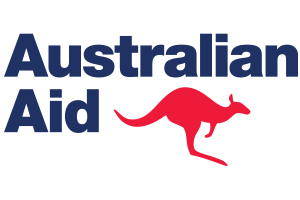
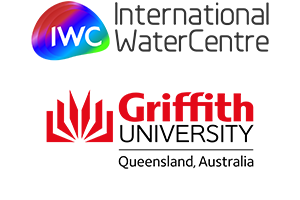
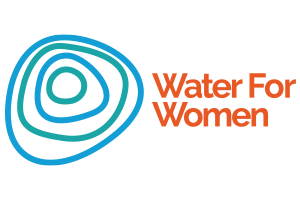
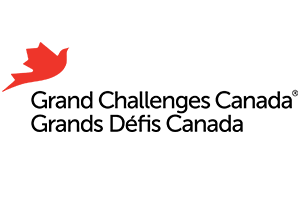
[1] UNICEF (2020) Learning Against the Odds: Evidence and Policies to Support All Out-of-School Children and Adolescents in East Asia and Pacific, UNICEF East Asia and Pacific Regional Office
* Regional estimates exclude China, for which no nationally representative data are available
[2] UNESCO, UNICEF, the World Bank, World Food Programme and UNHCR (2020) Framework for reopening schools, available online

